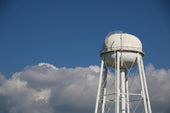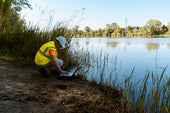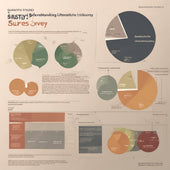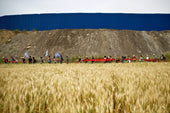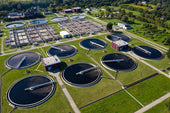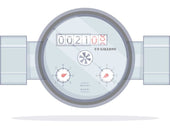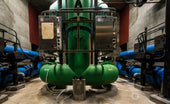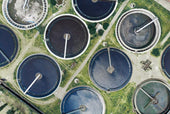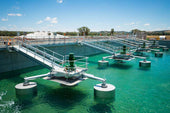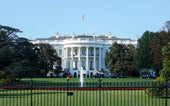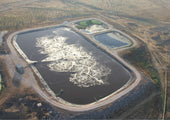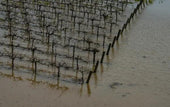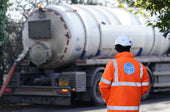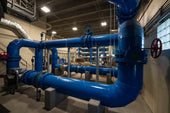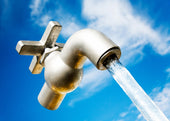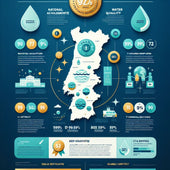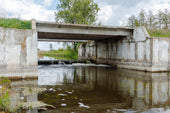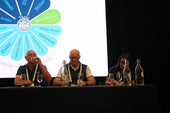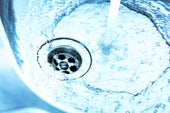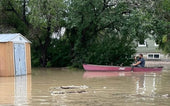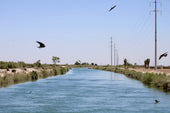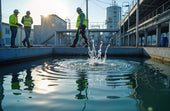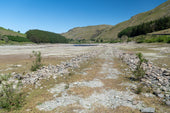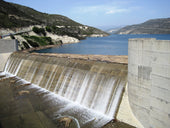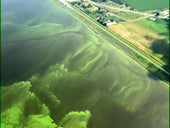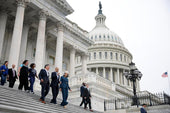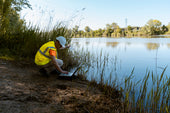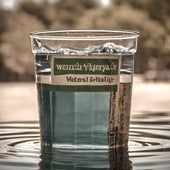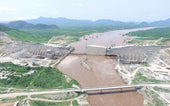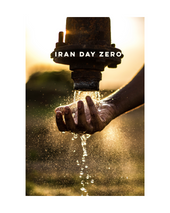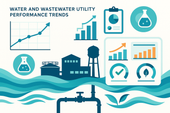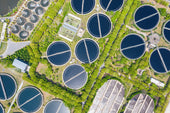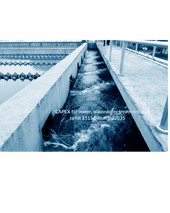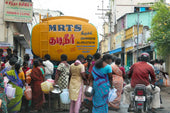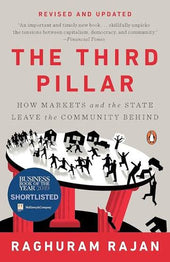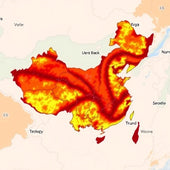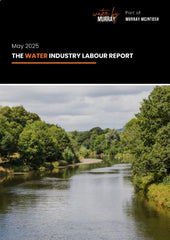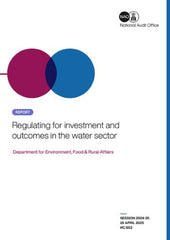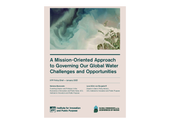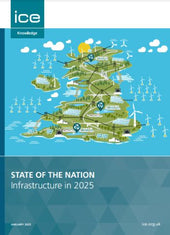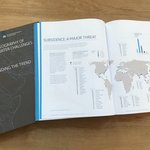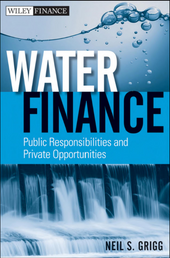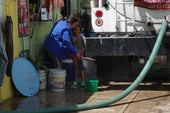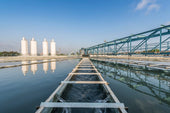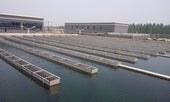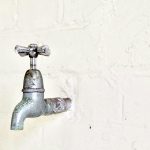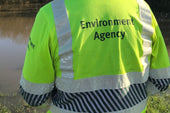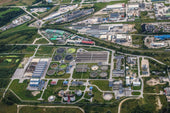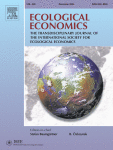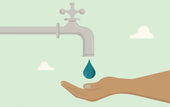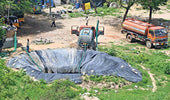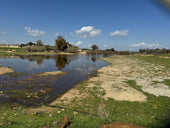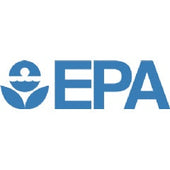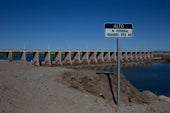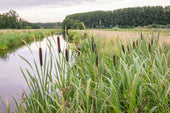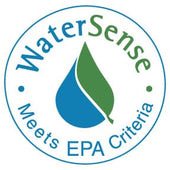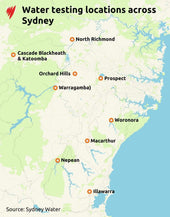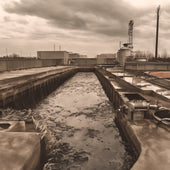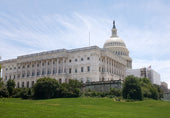
New study warns water scarcity could cost UK economy £25 billion over five years in undelivered housing
A new economic study is warning that water scarcity could cost the UK economy £25 billion over five years due to undelivered housing developments – a critical obstacle to meeting the government’s housing targets.

The report by Public First, which was carried out as part of the Ofwat Innovation project Enabling Water Smart Communities (EWSC), explores the impact of water scarcity on housing and economic growth, as well as public perspectives around water reuse.
The research suggests that approximately 61,600 homes could go unbuilt in the east and southeast of England over the next parliamentary term due to water scarcity.
The shortfall represents almost 40 per cent of the additional housing required annually in these regions under the government’s revised housing targets. In January Chancellor of the Exchequer Rachel Reeves highlighted the importance of growth areas like the OxCam Arc to the government’s overall economic growth agenda.
The report says addressing water scarcity through smart housing solutions is essential to mitigating these losses and ensuring sustainable growth in the UK’s most economically significant regions.
The analysis found that building ‘water smart’ homes – those that use 30 per cent less than the current 110l per person per day standard for new homes – would unlock 49,000 of the 61,600 ‘lost’ homes in areas facing water scarcity.
Through planning reform, the Government is determined to clear the way to 1.5 million homes, the report says, and removing the regulatory barriers to water smart homes is a quick win.
Public perspectives on water recycling
Public First conducted an anonymous online survey of over 4,000 people across the UK to delve into attitudes towards water reuse, as well as water shortages more generally. This included experiments to test how water reuse type, location, water use, and treatment affect public attitudes, and to test what types of messaging around water reuse are most and least effective.
The survey found that the public are very willing to reuse water in their homes. 75 per cent would be willing to use rainwater or greywater (water from sinks, showers, baths, washing machines) for toilet flushing, for example.
People "highly averse to concept of recycled toilet water and very willing to reuse rainwater"
However, the type of water reuse matters – the report describes rainwater and recycled toilet water as representing “polar ends of the scale on all questions.” People were highly averse to the concept of recycled toilet water, and very willing to reuse rainwater. Proposals to use recycled water for drinking were controversial, but proposals to use recycled water for outdoor taps and for toilet ushing were looked upon favourably.
The report suggests that that messaging has an impact on public perceptions of water reuse:
“Put simply, there are ways to discuss the issue which will garner more support, and messages that should be avoided given the associations of the public….
“Given the concerns around potability from the experiments, this is the crucial challenge for water recycling. Phrases like “toilet-to-tap” are doing no favours in winning people over”, the report says.
It also warns that public support for water smart housing could be undermined by arguments about negative health implications, saying that explaining the concept of water recycling in detail appears to shift views to the negative.
The report says that thinking more broadly about the importance of water smart housing, it is important to note that water-related issues such as drought and water shortages (as well as flooding) are “far down on the list of people’s concerns for their local areas….
“Most people see water scarcity as an issue that will drive up water bills; the vast majority (87%) do not see it as an issue that has any impact on the availability of housing,”
“Referencing this fact - and the positive impact of water eciency on the overall housing stock and availability of housing - is a useful way to frame the issue when explaining why this issue matters to the public,” the report concludes.
The broad support for water reuse is corroborated by research conducted by the University of Manchester as part of the EWSC project.
Click here to download the full report
